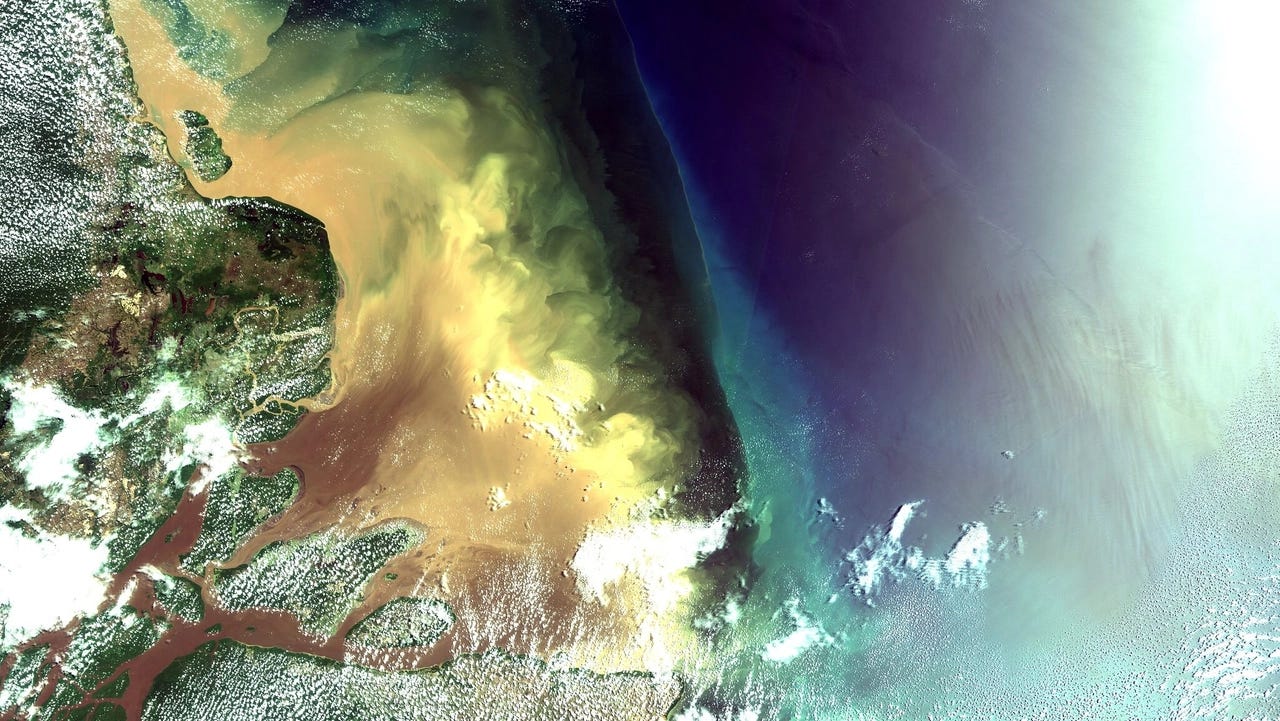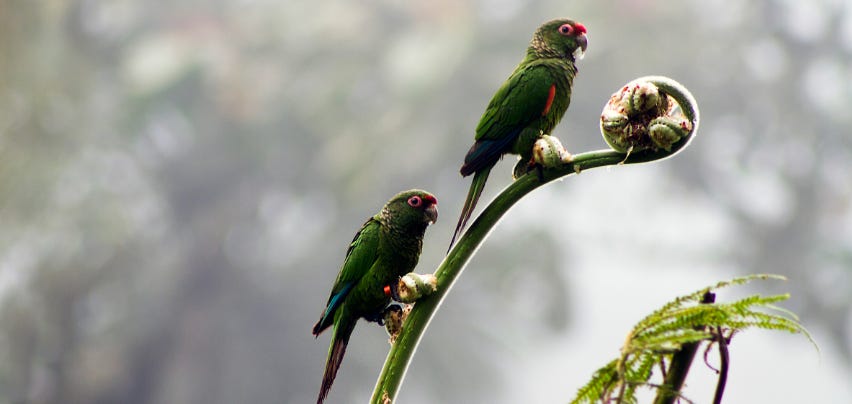Brazil to Offer 21 Amazon Blocks for Oil and Gas Exploration
Short on time? Get a quick rundown of today’s top stories from the ACR:
Brazil plans to offer 21 blocks for oil and gas exploration in the Amazon, which could result in over 1 billion tons of carbon equivalent emissions and have environmental and social impacts, contradicting the country's efforts to reduce greenhouse gas emissions and limit global warming at the COP28 conference.
Bolivia is experiencing severe consequences of the climate crisis, including droughts, wildfires, and water scarcity, which are expected to worsen with the arrival of El Niño in early 2024.
Brazil to Offer 21 Amazon Blocks for Oil and Gas Exploration
Folha de São Paulo & InfoAmazonia

Brazil's National Agency of Oil, Gas, and Biofuels (ANP) plans to offer 21 blocks for oil and gas exploration in the Amazon one day after COP28. These blocks are located in areas directly impacting indigenous lands and conservation units, raising concerns about environmental and social risks. There are 52 blocks already contracted, 307 under study, and 92 ready for bidding out of a total of 451 planned exploration areas in the region.
Experts point out that the offering of these blocks contradicts Brazil's efforts at the COP28 climate conference to limit global warming and reduce greenhouse gas emissions. According to a recent study, if all blocks are auctioned, the total emissions generated could exceed 1 billion tons of carbon equivalent, equivalent to 43.5% of the country's current emissions. The study also identified environmental risks and impacts on communities, which led to a public civil action lawsuit requesting the withdrawal of 39 blocks that affect conservation units.
Bolivia Faces Water Crisis Due to Climate Change and El Niño
Bolivia is facing severe consequences of the climate crisis, with droughts, wildfires, and water scarcity. The country, already vulnerable to climate change, is expected to worsen with the arrival of El Niño in early 2024, leading to a total absence of rain in the highlands. The lack of water is impacting agriculture, causing a drop in potato production and increasing prices for basic products. Deforestation, mining, and pollution are further exacerbating the environmental crisis.
The Jocotoco Foundation, a non-profit organization in Ecuador, was established in 1998 to protect critical areas for conserving threatened species in Ecuador. Since then, it has found 15 reserves covering 33,000 hectares across the country to save 10% of the world's bird species. Their approach includes collaborating with local communities, integrating ecotourism and education, and adapting strategies based on specific threats to biodiversity.
The organization's success is attributed to a dedicated team, improved conservation models, and a changing public perception of nature. The reserves are home to over 1,000 bird species, including 51 threatened with extinction globally, as well as numerous amphibians, reptiles, and rare mammals.
Latin America Energy Outlook 2023
Publisher: International Energy Agency (IEA)
Publication Date: November 2023
Access the report here.
This report highlights the significant potential of Latin America and the Caribbean to drive change in the global energy sector. Latin America and the Caribbean have already made significant progress in clean energy, with renewables generating 60% of the region's electricity. The report highlights the potential for renewables to meet all new energy demand in the coming decade, which would allow for increased oil exports and the production of low-cost and low-emissions hydrogen. To achieve these goals, however, supportive policy making, international cooperation, and increased investment in clean energy projects are crucial. Additionally, the report highlights that efforts should be made to ensure universal access to modern energy and to reduce methane emissions from oil and gas operations.







